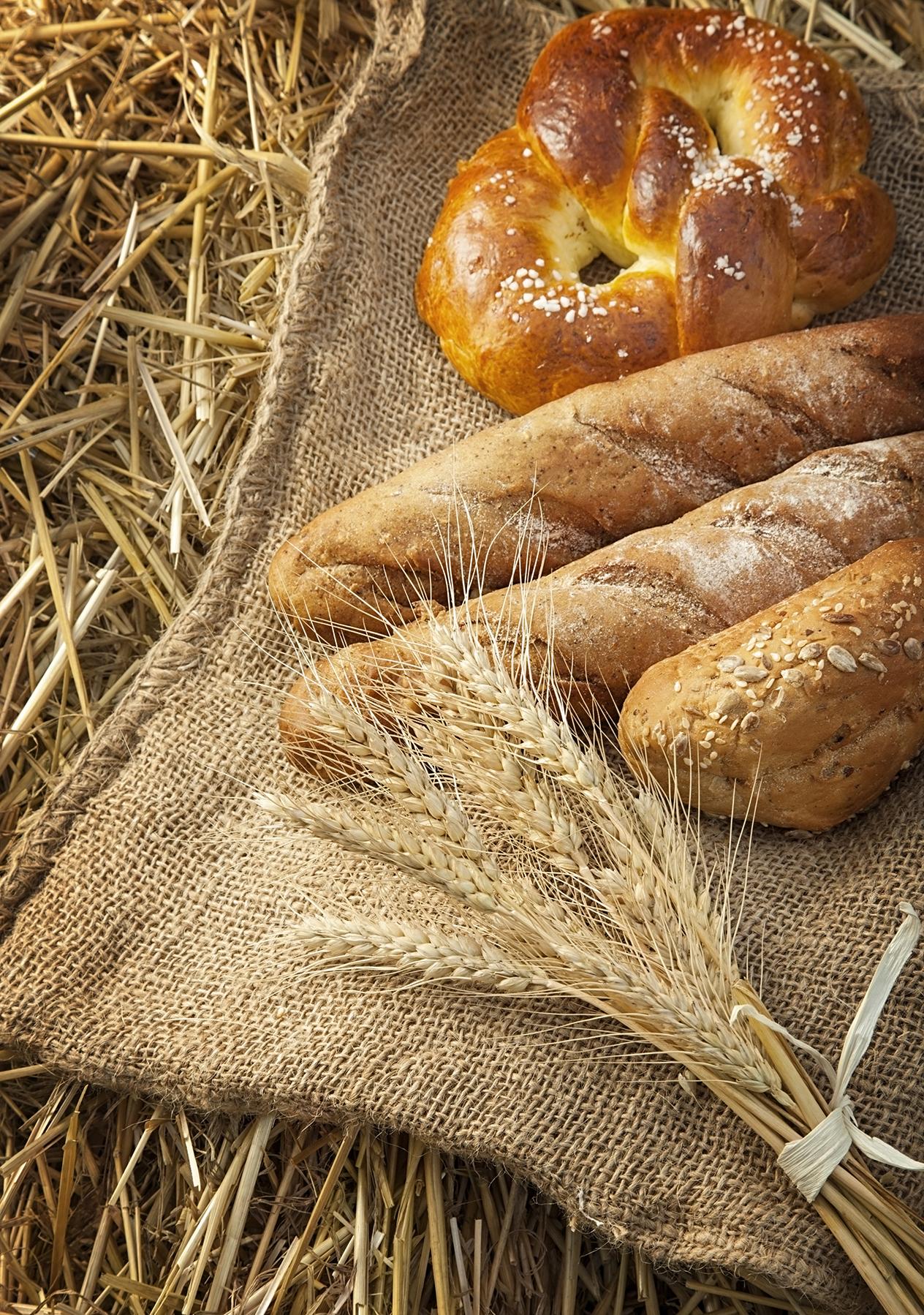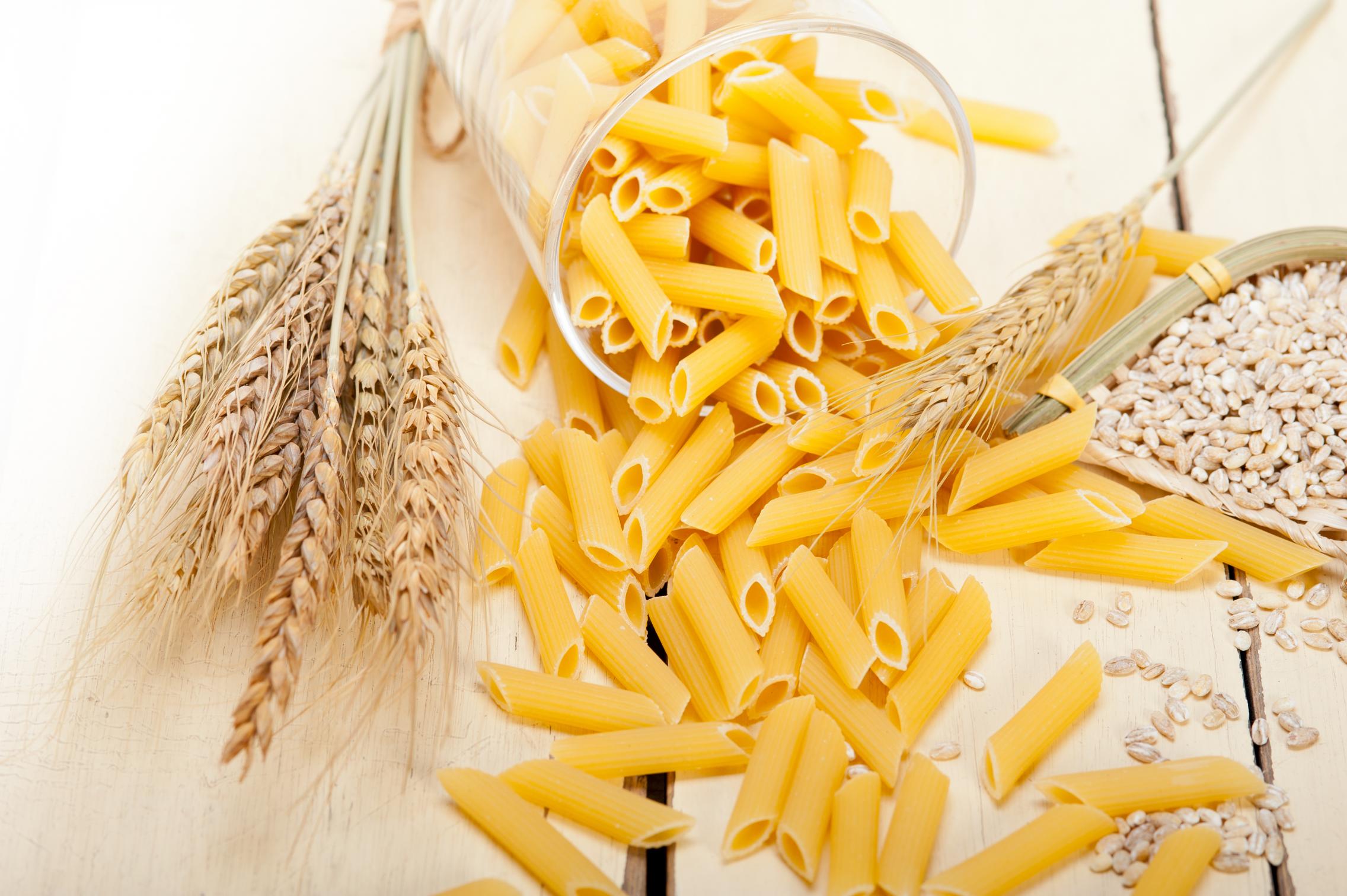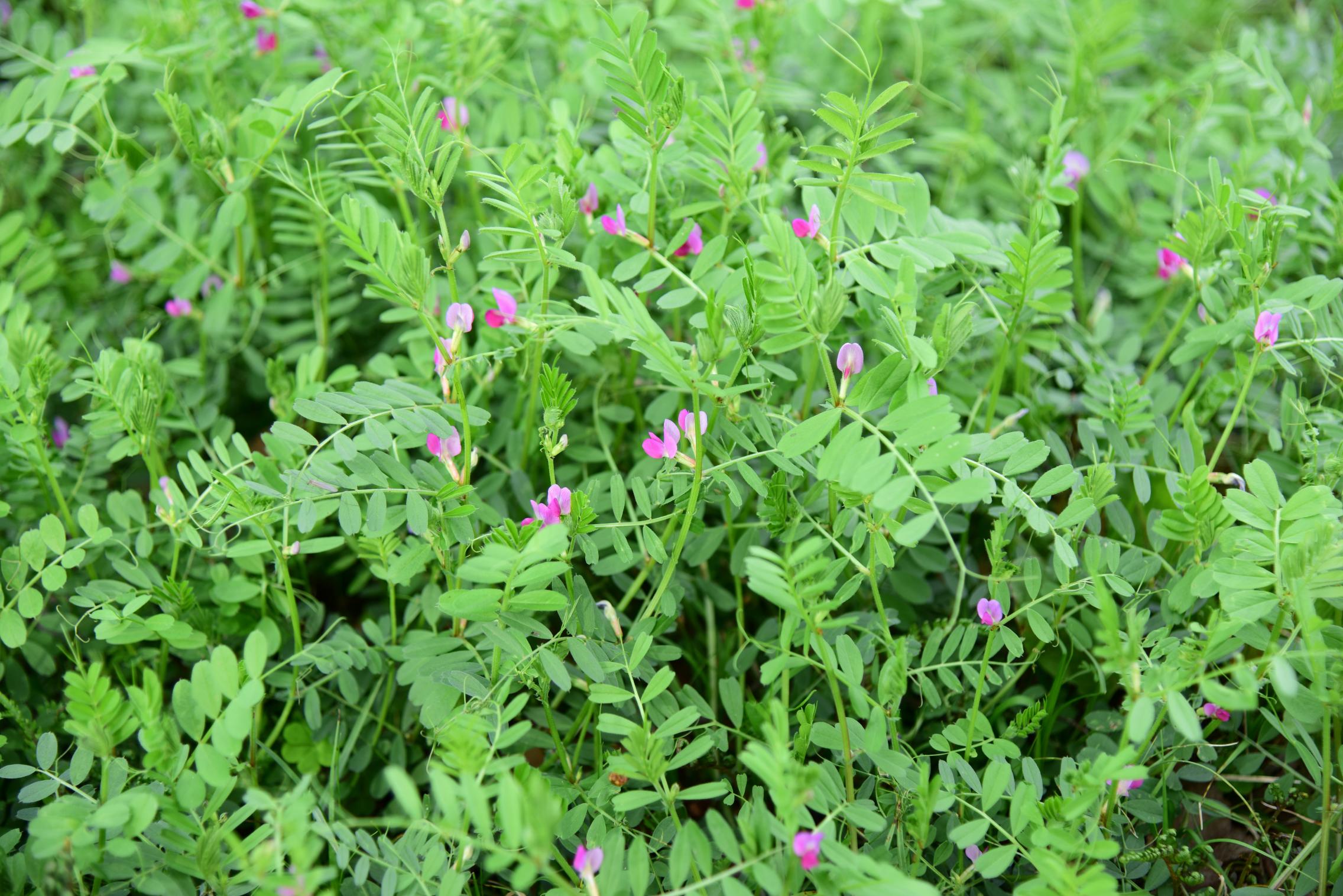Research
The centre's multi-disciplinary team of researchers are working to address the scientific and translational challenges of developing healthy grain products from barley, wheat, rice and vetch.
We have strong expertise in grain biology, variety development, nutrition science and consumer behaviour.
-
High amylose wheat to produce low glycemic index (GI) foods

Bread wheat (hexaploid, Triticum aestivum) with high levels (~60%) of amylose in the starch was developed through a conventional breeding process- not GM. The high amylose wheat grain also has 6-8 fold higher levels of oligosaccharides, specifically fructans, when compared to normal wheat grains. The high amylose level is reciprocated with low amylopectin levels, thus overall the grain has a low starch content so the grains are smaller than standard wheat. This low amylopectin-high amylose composition gives it elevated resistant starch content and therefore a low/very low GI value. There are a number of possible uses of the high amylose wheat in low GI products, for example low GI breads.
There are still a number of unanswered research questions in the areas of the underlying molecular genetics of the high amylose wheat and the nutrition benefits of the high amylose wheat in animal models. Projects are available in both areas.
If you are interested in undertaking an honours, masters or PhD project please contact either Rachel Burton or Iain Searle.
-
High lutein wheat

High lutein bread (hexaploid, Triticum aestivum) wheat containing 6-8 times the concentration of lutein currently found in commercial wheat cultivars was developed by Daryl Mares within the School of Agriculture, Food and Wine. High lutein wheat would be used in the production of yellow alkaline noodles which are popular throughout South East Asia, China and Japan. High lutein wheat should enable production of alkaline noodles with the desired yellow colour without the need for additives that are not environmentally friendly. The high lutein content should increase the nutritional value of the products.
Further identification of genes enhancing the stability of the desired yellow colour have been identified and research is currently underway. If you are interested in undertaking an honours, masters or PhD project please contact either Diane Mather or Iain Searle.
-
Zero toxin grain pulse vetch

Common vetch (Vicia sativa) is a leguminous, annual crop plant that provides valuable soil nitrogen to farming systems and is a palatable, cheap, high protein feed source with high potential as feed for livestock and humans. One significant reason of its limited agricultural use is that anti-nutritional compounds exist in seeds, especially β-cyano-alanine and γ-glutamyl-β-cyano-alanine (GBA), which has high toxicity to monogastric animals, like poultry (especially), pigs, and humans.
Project aims
In this project, you will test whether the reduction of anti-nutritional compounds in legumes can be harnessed to optimise food production - a valuable protein source. In the future, the mRNA profile of anti-nutritional compound genes with specific functions could be used as a screenable marker to select legume crops with improved nutritional profiles.
Project objectives
In this project, you will:
- Extensively profile genes involved in synthesis and degradation of anti-nutritional compounds in legume seeds by using established RNA-seq (Illumina sequencing and bioinformatics),
- Demonstrate that VsDET1 detoxifies the anti-nutritional compound GBA in vetch seeds by using either established CRISPR-Cpf1 gene editing technology or transgenic complementation (plant transformation and biochemistry), and
- Demonstrate that vetch seeds with restored VsDET function no longer have anti-nutritional effects on sensitive monogastric animals (animal trial).
Skills you will learn as a research student include bioinformatics, genomics (second generation sequencing) and biochemistry.
If you are interested in undertaking an honours, masters or PhD project please contact Iain Searle.
